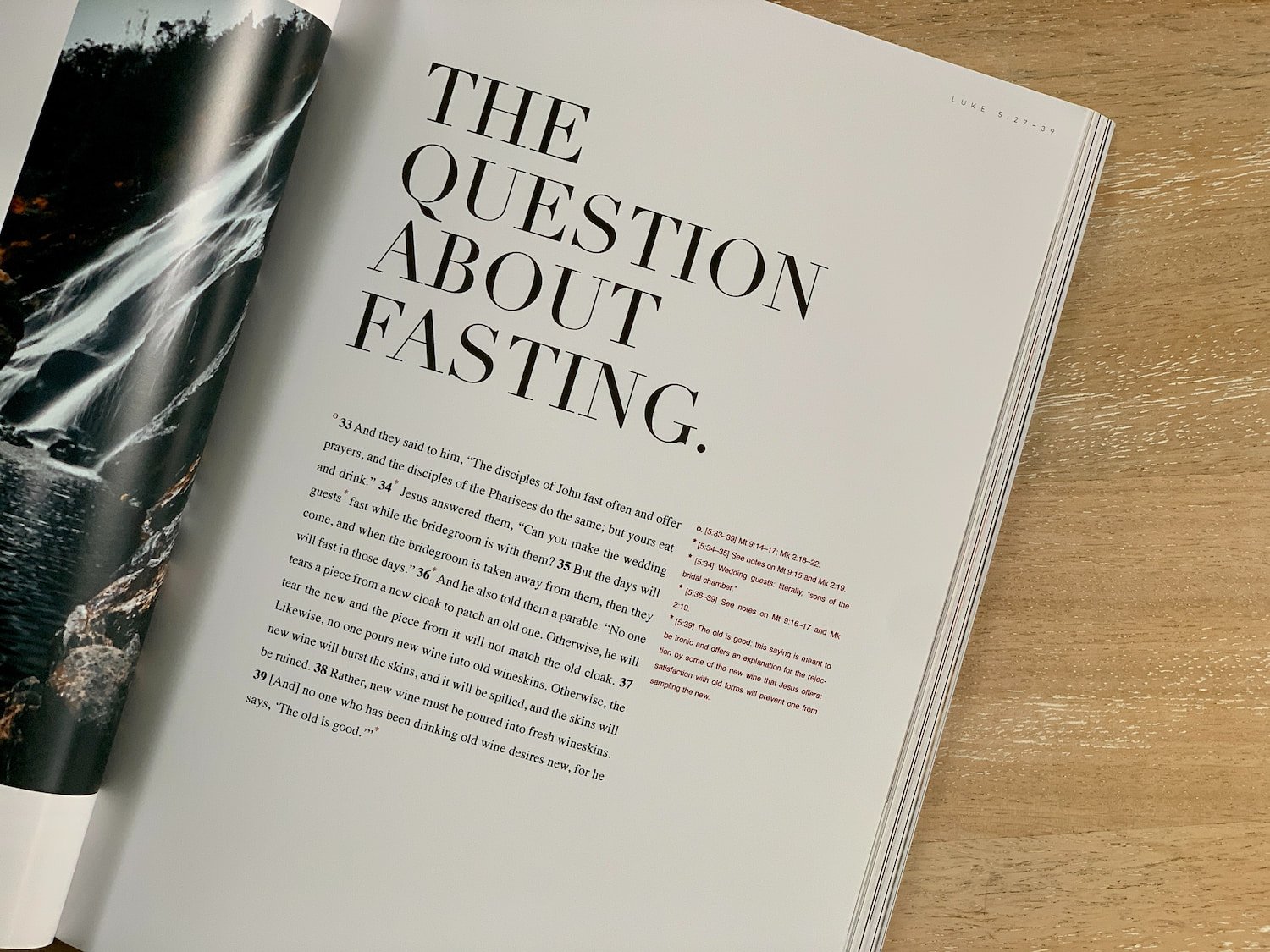This blog was initially published on 31 March 2017, and subsequently edited with an update on 7 September 2017.
Because my friend invited me
I was visiting with a family of Syrian refugees who had come to the UK on the government’s Vulnerable Persons Resettlement Scheme from refugee camps in the Middle East.
They were one of the first refugee families in our area, helping those who came after them to settle. In the process, they’ve become central figures in the resettled community.
Many local Mahabba members have helped them along the way with driving lessons, English lessons and furniture.
I’m trying to learn Arabic from them.
Last week, the husband and son were on their way out when the mum, my Arabic teacher, said I should practise my new vocabulary and ask them where they’re going.
The response was,
“ila l-kanisa,”
which means, 'to the church'.
“To the church?”
I asked surprised,
“Why are you going to church?”
“Because my friend invited me,”
was the simple response.
Dad picked up the keys and off they went, just like any other parent ferrying children to activities.
I was struck by the familiarity and simplicity of the scene – this Muslim boy is going to church because he had been invited.
So often we are hamstrung by questions about the proper way to introduce our Muslim friends to Christ:
“What if I say the wrong thing? What if we serve the wrong food? What if…”
Whoever this boy’s friend is, he gave me a valuable lesson that night.
Just do it!
And as it happens, a few month's later at the first Mahabba group meeting of the new academic year I heard an amazing development.
This boy had asked one of our other Christian friends, who knows the family, whether he can be a Muslim who follows Jesus.
So be encouraged - just do it and see what God does!
SINCE YOU'RE HERE...
... we have recently planted another local Mahabba group in the UK - awesome news!
With your help, though, we would like to continue to sow, plant and support Mahabba groups.
Our work involves a small team of regional reps and central hub personnel investing in local coordinators and groups, as well as spreading the word.
To continue this vital mission to Muslims, we need to increase our regular monthly income.
Our initial target is to raise up 100 individual regular donors, giving an average of £10 to £15 per month.
Could you be one of the 100?








